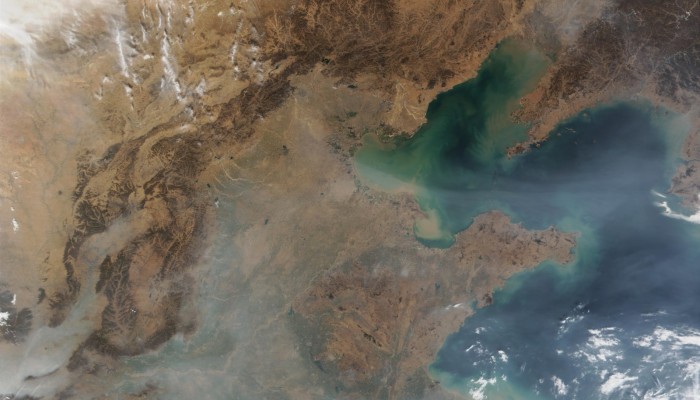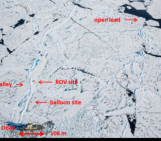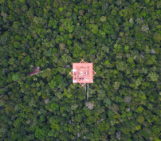
This would not be a blog about atmospheric science if I did not talk about climate change. But I won’t be talking about the science of climate change… there are numerous blogs including here that will talk much better about this. The problem that will be addressed here does not only refer to the “battle” we are currently facing with climate but also numerous other environmental issues (smog, PM2.5 / PM10 pollution, endocrine/ hormone disruptors, pesticides…). For most of these environmental issues, extensive research is already conducted in Atmospheric sciences but these are also tackled in social and economic sciences as well. However, most of the policies in place right now fail to address these issues which are really urgent matter and humans (and other form of life as well) are losing million of hours of life expectancy and hence costing billion of euros to the community.
My point here is that there is a huge gap between what the scientific community understands (and is of course continuing to study) and what is perceive as a threat by the public. More and more scientists engage in outreach programmes and try to convey their findings about their research to the public. One of the other methods scientists use nowadays is more generally known as “open science” where researchers make their data and findings (for ex. with articles) freely available. However it seems that although these practices have been in place for a couple of years / decades, the gap still exists. Either the public has the perception that scientists are totally disconnected from their reality or they do not feel the urgency to take actions to address these issues (because most likely we do not “feel” or “see” the direct impact of the such pollution problems – in the case of climate change we are talking mostly about long term effect on sea level, biodiversity…).
The second issue lies with what kind of policy to put in place based on the findings from the scientific community. Although the aim of science is primarily to understand the “how” and the “why” of questions, it is crucial now for us to take a more firm stand on these issues. Several discussions have already been taking place within the scientific community to decide on whether it is the role of scientist to act as an advocate for a change in policy. For ex. if my research is on climate change and my findings show that human greenhouse gas (GHG) emissions are responsible for the current climate change, is it my role as a researcher to say “loud and clear” that I think we should decrease drastically our GHG emissions? Some scientists think that this is not our role, as we need to be impartial and hence we cannot engage in advocacy. I have to disagree here as we are indeed the most well placed persons to take such stands.
However, I think it is also now crucial for universities and research institutes, to develop new ways (or totally new separate departments) in order to engage with the public and share the knowledge. It is not possible, when the extent of knowledge is so vast, in so many topics, that there are still many areas on which the public / government and the scientific community are in such disagreement. Various situations, in the past, have caused tremendous suffering (for ex. high death and cancer rate in the case of asbestos) and could have been prevented, because the scientific knowledge was here but there was intense lobbying and a lack of political will to change things (it took about 50 years for France to officially ban asbestos after it has been recognized as the origin of pathological diseases).
In view of these situations, policy change will definitely come when the public “knows” and can hence ask for a change with their local / national / international governments. This bottom-up approach seems to be the most likely way with which we will be able to address these environmental issues in the future. The problem here is that we (scientists in general) have to ask ourselves why is it that our research influence so marginally policies that are put in place. Are we not engaging with the public enough? Should we share our results/findings differently? Are international organisations the best way to find consensus on such topics? I agree that scientists cannot solve all the problems of the world but the research community is one of the pillars of the society and should engage as such in the debates the society is facing. Although I started with a very bleak perspective (and for now this seems to be the case with many challenges we are facing) there is still some hope for the future. We will see, for ex., in the COP21 international meeting if an agreement will be reached on the climate change topic… but I have serious doubts about this being the case.




